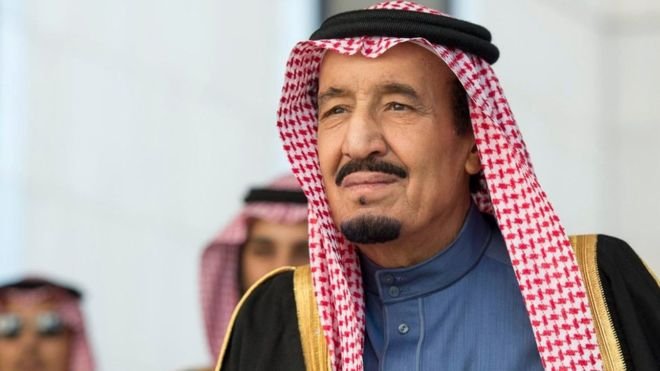
Saudi Arabia has announced it will confiscate money and assets held by dozens of top officials and businessmen detained in an anti-corruption crackdown.
But the experiences of two other Arab states trying to recover stolen money, Egypt and Tunisia, suggest Riyadh may face years of legal and diplomatic battles to secure assets held abroad.
Even then success is not guaranteed.
The anti-corruption committee that detained princes, tycoons and ministers at the weekend has the power under a royal decree to take “whatever measures are deemed necessary” to seize companies, funds and other assets without waiting for the results of criminal investigations.
The offshore scrutiny of assets has already begun in the Gulf region, where Saudi Arabia regularly shares information.
READ: Nigeria to raise N710b through equity restructuring – DMO
The United Arab Emirates’ central bank and securities regulator has asked banks and finance companies there to provide information on the accounts of 19 Saudi citizens, banking sources told Reuters on Thursday.
The Saudi committee has not given details of the allegations individuals face, though Saudi officials say they include money laundering, bribery, extortion and taking advantage of public office for personal gain.
Riyadh has also set no timetable for its confiscations, although banking sources say more than 1,700 domestic bank accounts have already been frozen at the request of the central bank.
If the committee were to try to retrieve all the revenue that has been lost to corruption, from bribes to illegal expropriation of land, the total would be $800 billion, an official at the Riyadh Chamber of Commerce and Industry has estimated.
A large amount of the funds are believed by financial sources to be held offshore in bank accounts, portfolio investments, corporate shareholdings and real estate. Many of the businessmen detained have private planes — one has a Boeing 747 airliner.
And a study by the US National Bureau of Economic Research estimated Saudis have stashed away wealth equivalent to over 55 percent of the country’s gross domestic product in foreign tax havens — an amount exceeding $300 billion.
But Egypt and Tunisia’s experiences show that although asset freezes can be arranged within months, repatriating the money can take many years.
Cairo has tried unsuccessfully for five years to retrieve about 85 million pounds ($111 million)in British bank accounts belonging to the inner circle of former President Hosni Mubarak.
British officials have said they are bound by British law, which requires the Egyptians to provide them with criminal convictions first.
Tunisia has so far recovered only a small portion of about $35 million claimed from Switzerland following the 2011 revolution that inspired the Arab Spring uprising.











